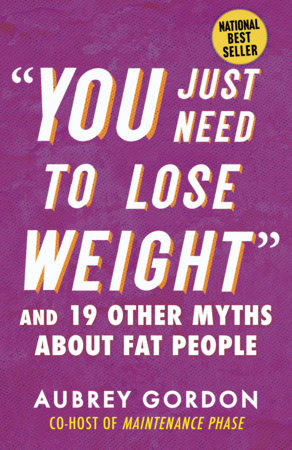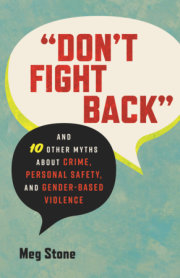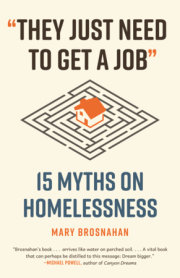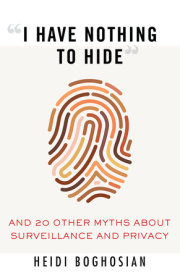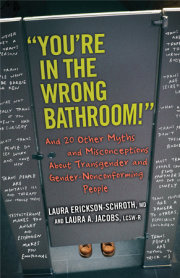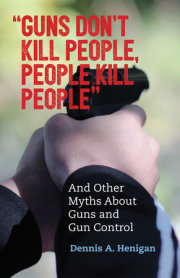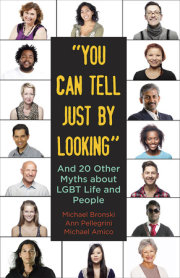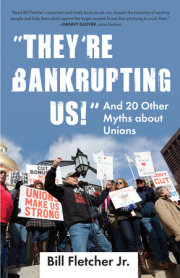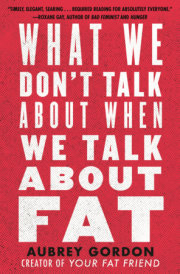Introduction
How to Use This Book
A List of Terms
PART ONE: “BEING FAT IS A CHOICE’
MYTH 1
“Being fat is a choice. If fat people don’t like how they’re treated, they should just lose weight.”
MYTH 2
“Any fat person can become thin if they try hard enough. It’s just a matter of ‘calories in, calories out.’”
MYTH 3
“Parents are responsible for their child’s weight. Only bad parents let their children get fat.”
MYTH 4
“Thin people should help fat people lose weight.”
MYTH 5
“Weight loss is the result of healthy choices and should be celebrated.”
PART TWO: “BUT WHAT ABOUT YOUR HEALTH?”
MYTH 6
“Obesity is the leading cause of death in the United States.”
MYTH 7
“The BMI is an objective measure of size and health.”
MYTH 8
“Doctors are unbiased judges of fat people’s health. Fat people don’t like going to the doctor’s office because they don’t like hearing the truth.”
MYTH 9
“Fat people are emotionally damaged and cope by ‘eating their feelings.’”
PART THREE: “FACT ACCEPTANCE GLORIFIES OBESITY”
MYTH 10
“Accepting fat people ‘glorifies obesity.’”
MYTH 11
“Body positivity is about feeling better about yourself, as long as you’re happy and healthy.”
MYTH 12
“We’re in the middle of an obesity epidemic.”
MYTH 13
“Fat people don’t experience discrimination.”
MYTH 14
“I don’t like gaining weight, but I don’t treat fat people differently.”
PART FOUR: “FAT PEOPLE SHOULD . . .”
MYTH 15
“Fat people shouldn’t call themselves fat.”
MYTH 16
“People who have never been fat have ‘internalized fatphobia.’”
MYTH 17
“No one is attracted to fat people. Anyone who is has a ‘fat fetish.’”
MYTH 18
“Fat people should pay for a second airplane seat.”
MYTH 19
“Skinny shaming is just as bad as fat shaming.”
MYTH 20
“Anti-fatness is the last socially acceptable form of discrimination.”
Acknowledgments
Notes





